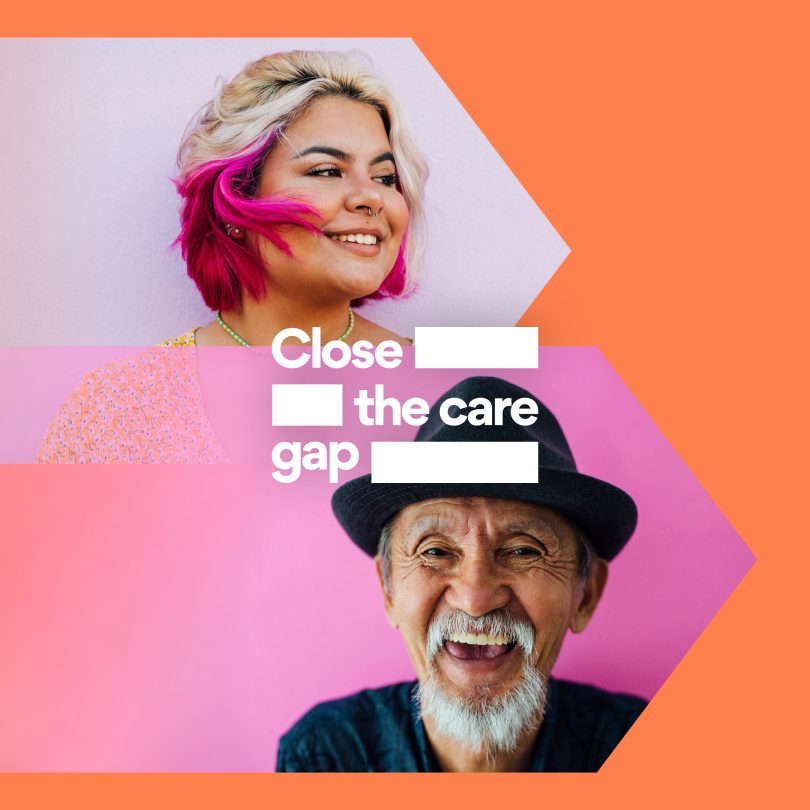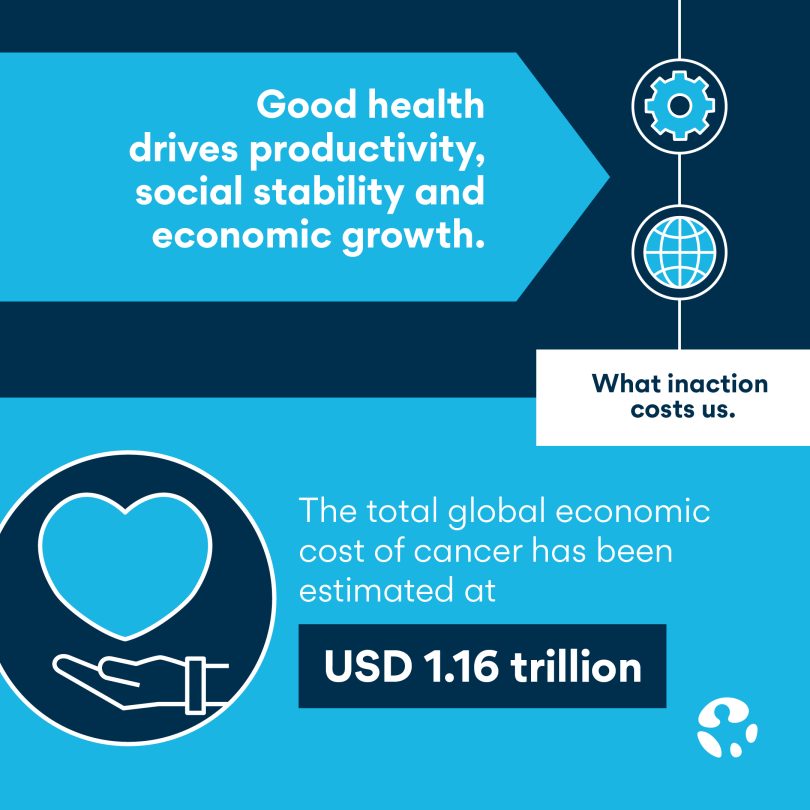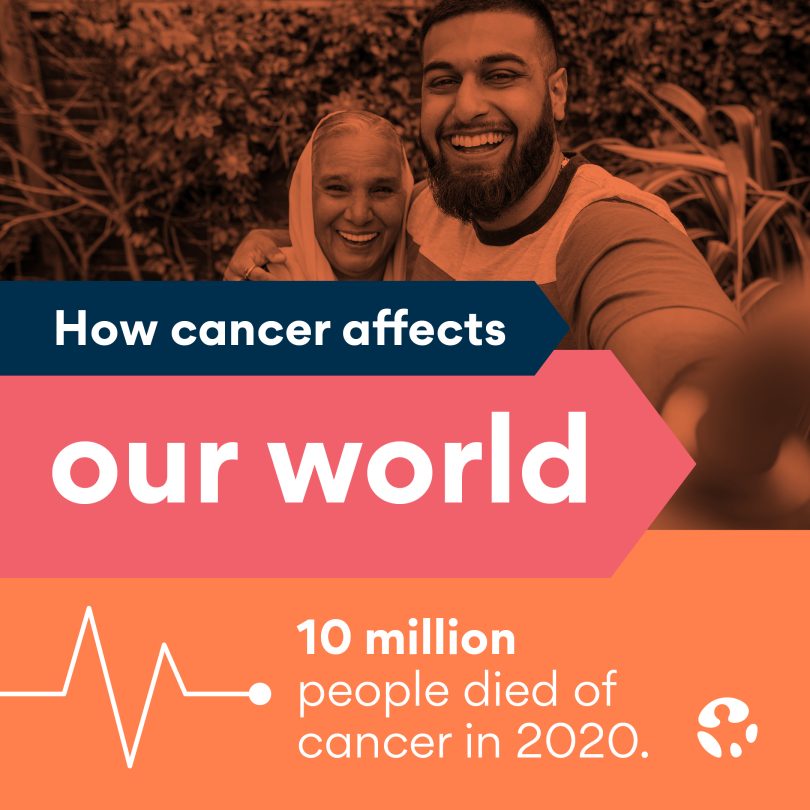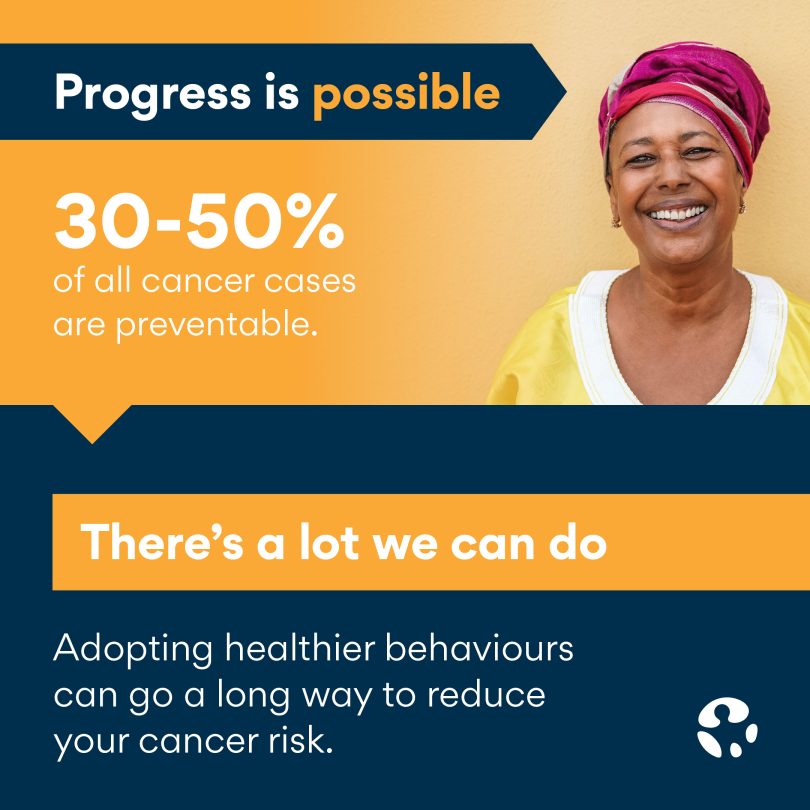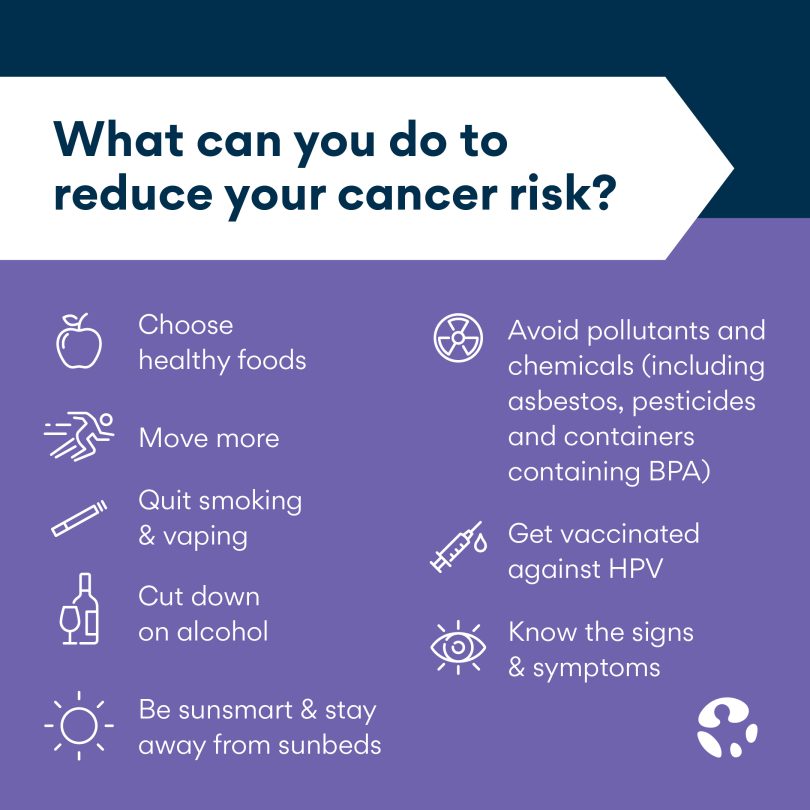While people living in smaller, more rural towns in Georgia may have been able to visit their primary care provider on a regular basis, they may not have a choice for specialized care when that family doctor delivers the news, “You have cancer.” And numerous research studies have shown just how vital access to cancer care closer to home can be in giving someone a better chance at surviving their cancer. This is why multiple teams working inside the Georgia Cancer Center at the Medical College of Georgia at Augusta University are committed to closing care gaps across Georgia.
“Although we have made tremendous advances in the way we treat cancer which has led to improved survivability for cancer patients, not every population across Georgia, the United States, and really the world is experiencing these same opportunities,” said Dr. Jorge Cortes, director of the Georgia Cancer Center. “There are large populations that do not have the same access to cancer screening for early detection, to prevention strategies, to clinical trials testing new treatment options, or to advanced care methods in their own backyard.”
This desire to make cancer prevention and quality cancer treatment available to communities in need, to close the cancer care gap, is shared by cancer care organizations and communities across the globe and is the theme for World Cancer Day 2023. World Cancer Day, created on February 4, 2000, at the World Summit Against Cancer for the New Millennium in Paris, is an initiative of the Union for International Cancer Control (UICC). In addition to adoption of World Cancer Day, the Paris Charter “aims to promote research, prevent cancer, improve patient services, raise awareness and mobilize the global community to make progress against cancer.” “Close the Care Gap” addresses barriers to prevention and promotes access to cancer risk reduction resources and services.
“Leaving a large group of the population behind in our great research, in our great advances, in our great discoveries, in our improved care options, in our improved survival rates does not really serve a good purpose,” Cortes said. “Everyone should be able to benefit from services and resources that can help them lower their risk for cancer, prevent it, detect it early, or treat cancer more effectively, so that their chances of survival improve.”
While the Georgia Cancer Center leadership and employees want to see the gap between those who survive cancer and those who do not survive the disease disappear, it is also important for people living in communities where there may be little to no access to cancer care to be proactive in talking with their primary care doctors and community leaders about building partnerships with the Cancer Center. A number of our oncologists are already spending time working in cities across Georgia during any given month, so patients do not have to drive hours to Augusta, Georgia, for their appointment. There are many ways to lessen cancer’s impact on communities and help close the cancer gap.
Reducing the risk of cancer
“Knowing your family health history also allows you to take steps to reduce your cancer risks,” said Maryclaire Regan, community program coordinator with the Cancer Information and Awareness Program at the Georgia Cancer Center. “For example, if there’s a family history of cancer, your health care provider might recommend earlier and more frequent screenings. If you know you have a higher risk of heart disease or diabetes based on your family history, you may choose to make lifestyle changes such as adopting healthier eating habits and getting more exercise to help reduce your risk.”
My Family Health Portrait is an online tool that can help you record and organize your family health history so that you can share the information with other family members and with your health care provider.
Another opportunity to catch cancer early is for women and men to talk with their primary care providers about scheduling screenings for breast, cervical, prostate, colorectal, lung, and skin cancer. For example, a screening mammogram helps detect breast cancer early and can save lives. Augusta University Health’s Breast Health Center offers three-dimensional breast screening on weekdays, and also on Saturday mornings during October, which is Breast Cancer Awareness Month.
Another way of closing the cancer care gap and to finding cancer early is to bring cancer screening to rural areas. “Right now, we [the Cancer Center] are working with an organization to build and outfit what is essentially a mobile bus that will be split into two sections for screening,” Cortes said. “One section will provide women with mobile mammography, while the other section will allow providers to complete Pap smears, which are an important tool in detecting changes to a woman’s cervix that can lead to cervical cancer. And once it is completed and ready to roll, this bus will travel to different parts of Georgia bringing breast and cervical cancer screenings directly to people living in cities and towns where there are no screening opportunities currently.”
Before the introduction of screenings, cervical cancer was one of the deadliest forms of cancer for women living in America. But, over the years that number has dropped significantly due to the use of Pap smears as well as a vaccine to protect boys and girls from getting the human papillomavirus, or HPV. HPV, a sexually transmitted virus, is the leading cause of cervical cancer in women.
Education and training to help meet community needs
The Georgia Cancer Center, as well as all Augusta University Health employees are taking steps to close the care gap by learning community engagement strategies designed to reduce bias in the way they approach patient cases. Also, through a Community Health Needs Assessment, Cancer Center leadership can decide the types of programs communities’ need to reduce their cancer risk factors, as well as improve their overall physical, mental, and emotional well-being.
“Another important step in addressing the care gap is to help reduce racial disparities in access to prevention/risk-reduction education, screening, and care,” Regan said. “Our team reaches out to the African American community, and to seniors, for example. Another is to address providers’ and health systems’ bias. Closing the care gap means these providers need to approach each patient’s case with the same care and concern no matter the color of their skin or where they are living.”
In the past, Cancer Centers and large medical enterprises wanted cancer patients to come to them for the best care, the best treatment options, and lots of resources. But now that paradigm is beginning to shift as leadership looks at ways to take those same resources, screening tools, and treatment plans to the towns and rural areas where people live and work. And, Cortes, Regan, and all those working on community outreach at the Georgia Cancer Center, and others across the globe believe we will truly start to see that care gap narrow.
